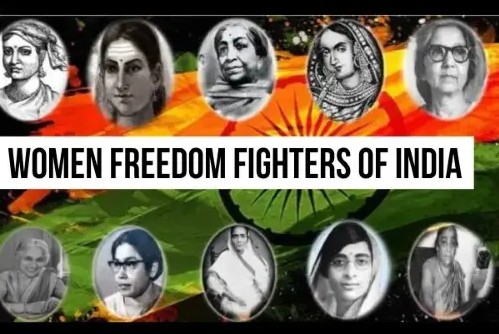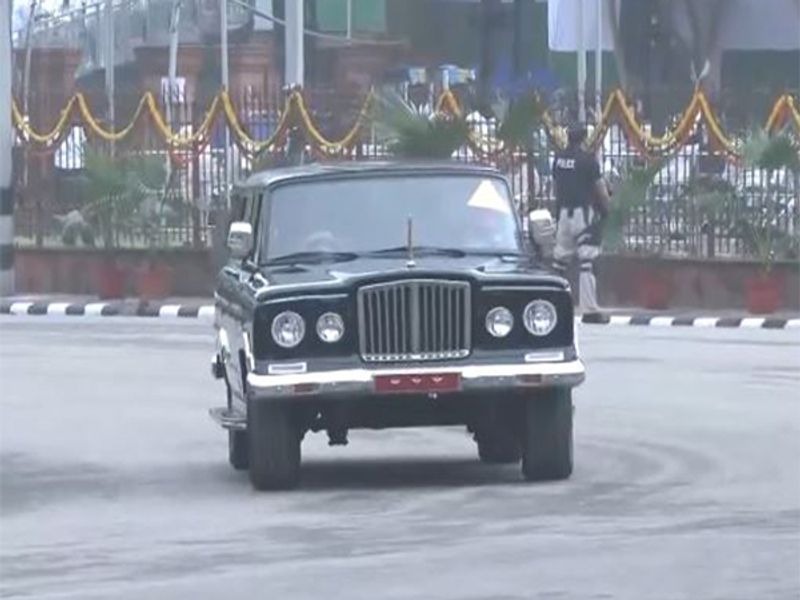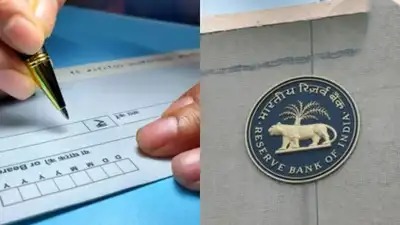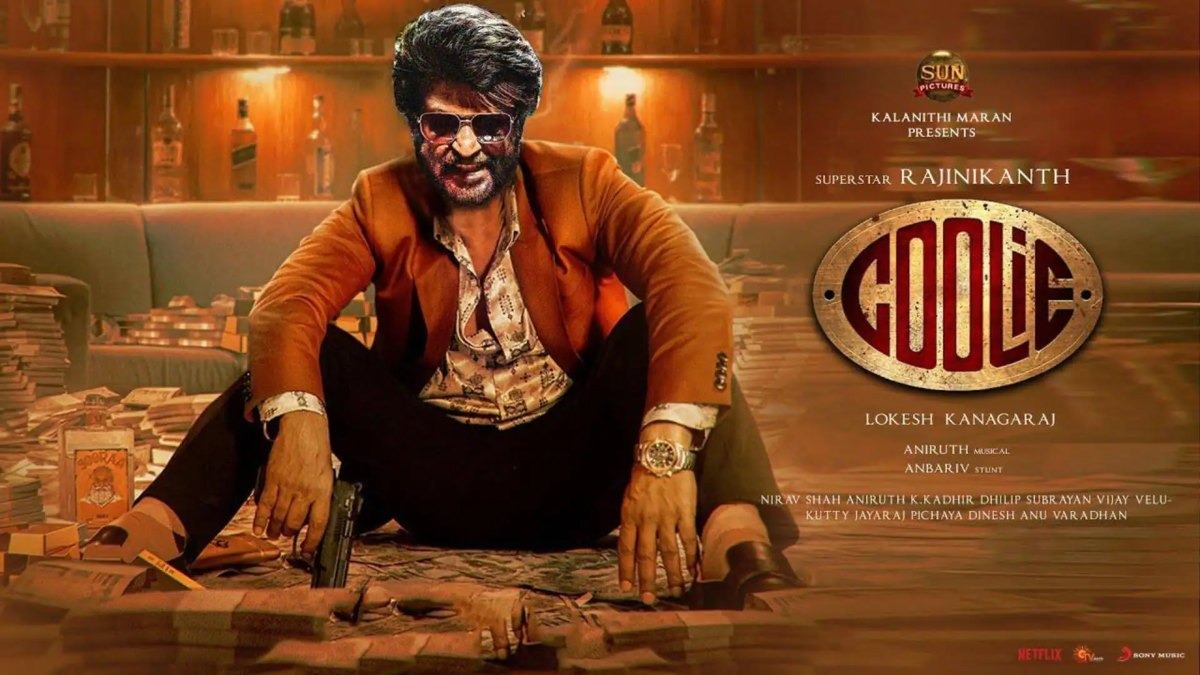
Follow WOWNEWS 24x7 on:

As India commemorates 79 years of independence, the spotlight turns to a long-overdue chapter in our national narrative—the extraordinary women who defied colonial rule and societal norms to fight for freedom. These heroines, often overlooked in mainstream history, were warriors, strategists, reformers, and martyrs whose courage helped shape the destiny of a nation.
Here’s a detailed tribute to their lives, legacies, and the indelible mark they left on India’s journey to independence.
1. Trailblazers of Armed Resistance
- Jhalkari Bai: A confidante of Rani Lakshmibai, she disguised herself as the queen during the Siege of Jhansi in 1857, allowing Lakshmibai to escape. Her bravery remains a symbol of tactical genius and sacrifice
- Begum Hazrat Mahal: When the British annexed Awadh, she led rebel forces in Lucknow during the 1857 uprising. Her strategic leadership challenged colonial power and inspired resistance across northern India
- Pritilata Waddedar: A schoolteacher turned revolutionary, she led an armed attack on the Pahartali European Club in 1932. To avoid capture, she consumed cyanide, becoming Bengal’s first woman martyr
2. Icons of Civil Disobedience
- Matangini Hazra: Known as Gandhi Buri, she led 6,000 volunteers to seize the Tamluk police station during the Quit India Movement in 1942. Shot by British forces, she continued marching with the tricolour until her last breath
- Kanaklata Barua: At just 17, she led villagers in Assam to raise the Indian flag at a police station. She was shot during the act, becoming a symbol of youthful defiance
- Tara Rani Srivastava: After her husband was fatally shot during a protest in Bihar, she continued marching alone, refusing to abandon the cause
3. Commanders and Strategists
- Dr Lakshmi Sahgal: A physician turned revolutionary, she led the Rani of Jhansi Regiment in Subhas Chandra Bose’s Indian National Army. Post-independence, she remained active in public service and politics
- Rani Gaidinliu: Joining the Heraka movement at age 13, she led an armed rebellion against British rule in the Northeast. Imprisoned for 14 years, she was released in 1947 and hailed as a freedom fighter
4. Reformers and Political Voices
- Kasturba Gandhi: More than just Mahatma Gandhi’s wife, she was a pillar of the satyagraha movement, leading protests and enduring multiple imprisonments
- Sarojini Naidu: The Nightingale of India, she blended poetry with politics, led the Congress, and became the first woman governor of Uttar Pradesh
- Vijaya Lakshmi Pandit: A diplomat and activist, she was jailed for her role in the freedom movement and later became the first woman to preside over the UN General Assembly
- Savitribai Phule: A pioneering educator, she founded India’s first girls’ school in Pune and fought caste and gender discrimination with relentless resolve
5. Forgotten Voices from the Margins
- Sabitri Devi: A sex worker from Tamluk, she joined the Civil Disobedience Movement in 1930, aided injured protestors, and inspired hundreds of women to take up sticks against police forces
- Satyavati of Terpekhia: She extracted intelligence from British officers and cared for wounded protestors during the Salt Satyagraha. Despite brutal torture, she remained defiant
- Courtesans and performers across India used dance, poetry, and song to spread nationalist ideas, often turning their homes into safe havens for revolutionaries
Final Reflections
These women didn’t just fight the British—they battled patriarchy, poverty, and invisibility. Their stories are not footnotes but foundational chapters in India’s freedom saga. As we raise the flag this Independence Day, let’s also raise their names, their courage, and their rightful place in history.
Sources: Firstpost, Times Now, Mathrubhumi, ABP News




